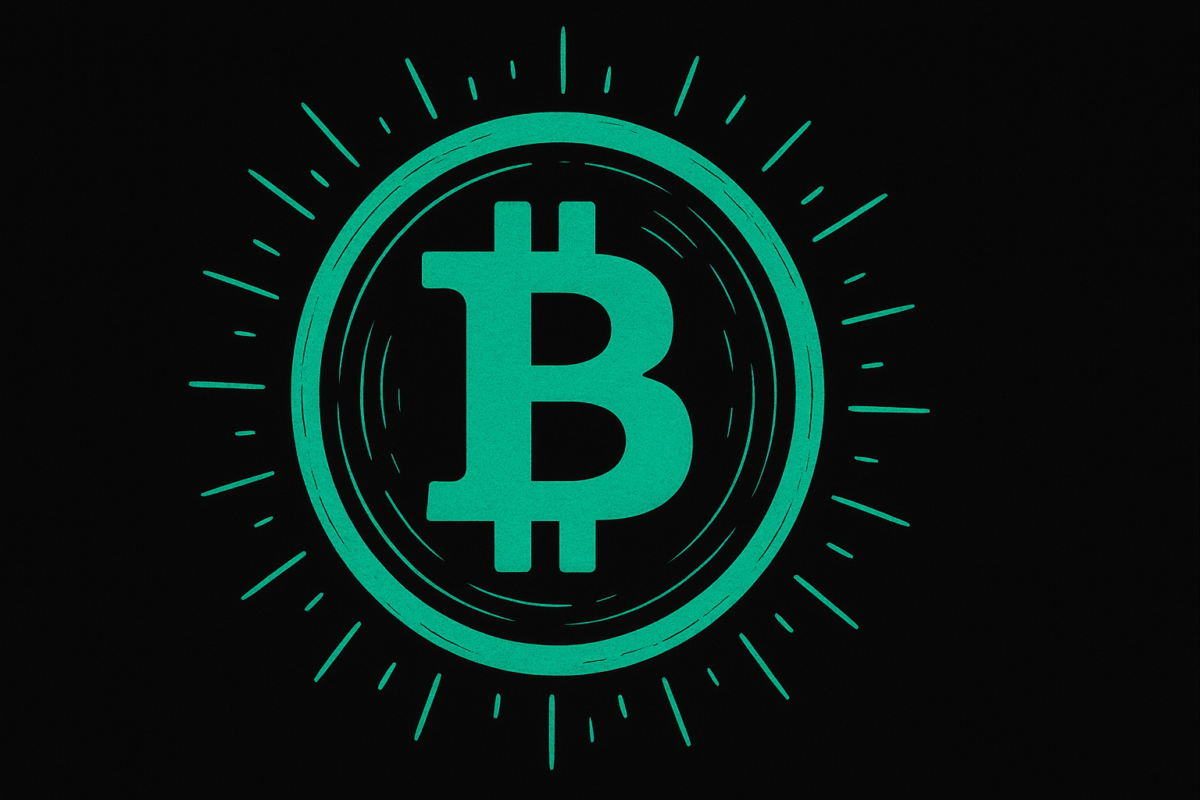- Ruya has made history by becoming the first Islamic bank to offer Shari’ah-compliant access to Bitcoin and other virtual assets.
- The crypto-friendly approach of the UAE, combined with Donald Trump’s initiatives for digital assets, is pushing forward innovations like Ruya’s Bitcoin investment products.
Ruya, a digital-native Islamic community bank that seamlessly blends innovative technology with the core principles of Islamic finance, has now become the world’s first Islamic bank to offer customers direct exposure to virtual asset investments, such as Bitcoin (BTC), through its mobile app.
This new service is the result of a partnership between Ruya and Fuze, a regulated digital assets infrastructure provider that offers banks tools to integrate digital asset services securely. Together, they’ve made sure that the operations adhere to Shari’ah law, giving customers the confidence that their investments align with the core values of Islamic finance. Ruya will make virtual asset investing more accessible by offering expert support through community hubs and call centers, helping customers make informed choices.
Commenting on this, Christoph Koster, CEO of ruya, stated, “At ruya, we are committed to transforming the financial landscape in the UAE by offering forward-thinking services while staying true to our mission of ethical Islamic banking. By integrating virtual assets into our investment platform, we aim to empower our customers to participate in the digital economy sustainably and responsibly.”
Mohammed Ali Yusuf, Co-Founder and CEO of Fuze, added, “Partnering with Ruya is a big step towards making virtual assets a seamless part of everyday banking. Together, we’re combining Fuze’s cutting-edge infrastructure with Ruya’s commitment to ethical Islamic banking.”
Islamic Finance with Digital Assets
Ruya’s decision marks a big change in the Islamic banking space, where there’s usually a lot of caution around cryptocurrencies because of concerns about volatility and adhering to Shari’ah laws. By building a platform rooted in Islamic principles, Ruya is paving the way for other banks, like Abu Dhabi Islamic Bank and Sharjah Islamic Bank, to tap into the digital assets space in a way that’s both safe and Shari’ah-compliant.
Over the years, the UAE has been steadily embracing cryptocurrency. By June 2024, the country had drawn in over $30 billion in virtual assets, with an impressive 42% growth, nearly four times the regional average of 11.7%.
Along with this growth, the UAE has put in place a regulatory framework to manage virtual assets, striking a balance between encouraging innovation and enforcing necessary regulations. Bodies like the Virtual Assets Regulatory Authority (VARA) in Dubai and the Abu Dhabi Global Market’s Financial Services Regulatory Authority (FSRA) have put in place clear rules to ensure the safe development and handling of crypto assets, while also guarding against financial risks and illegal activities.
This approach mirrors global trends, especially in the U.S., where President Donald Trump has been making moves to bring digital assets into the country’s financial strategy. In March 2025, he signed an executive order to create a U.S. strategic crypto reserve, mostly built from cryptocurrencies seized by the government. In addition, a recent CNF report pointed out that the Federal Reserve has rescinded some of its rules, removing letters that once required banks to get approval before diving into crypto activities.

